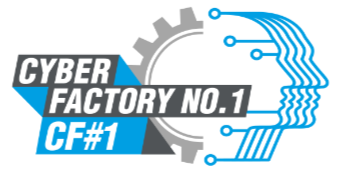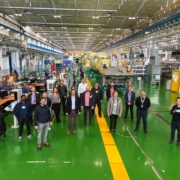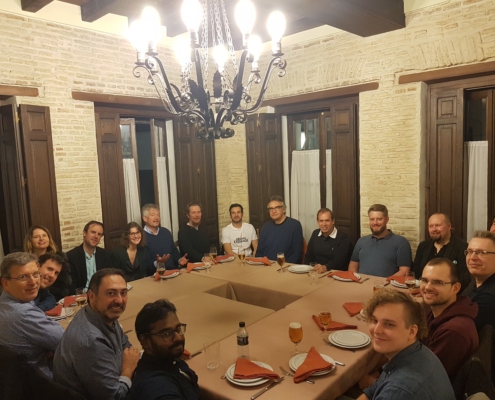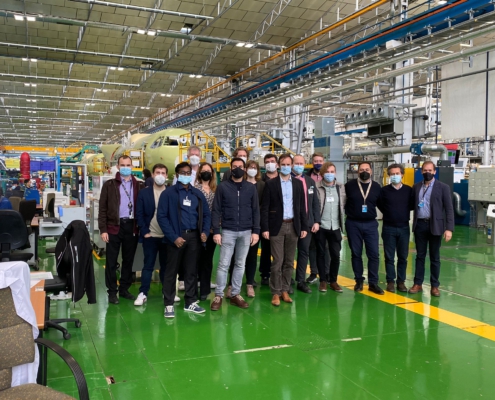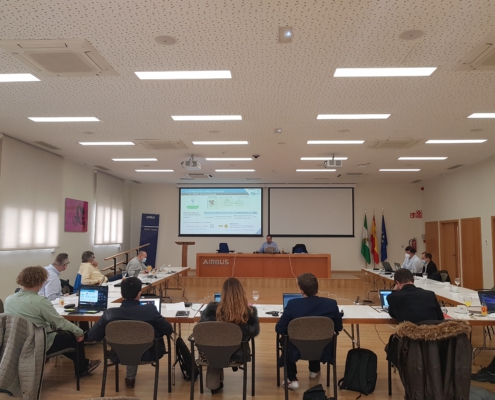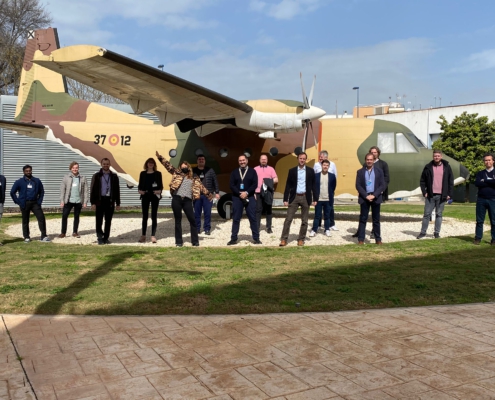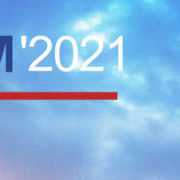Milestone and STG Meeting in Seville
On the 24th and 25th of March the CyberFactory#1 partners came together in Seville for the Milestone 12 workshop and the strategy meeting. We were hosted by Airbus Defence and Space (ADS) in Tablada and were able to see the local use-case, the Roboshave, during a factory tour. As it was a hybrid event, partners who were unable to travel to Seville had the possibility to join virtually.
The milestone 12 workshop marked the last milestone before the final demonstration and review of the project at the end of May. The use-case owners and contributors presented their preliminary demonstrations and received feedback from the consortium.
The Roboshave use-case by Airbus received special attention as it is located at the Tablada site. The use-case is focused on the optimization of robotic manufacturing systems through automation based on IIoT (Industrial Internet of Things) technologies. The Roboshave is an automated rivet shaving machine for use in the shaving of jo-bolt rivets in structural components of an aircraft. Next to Airbus Defence and Space Spain, Airbus CyberSecurity France and Airbus CyberSecurity Germany are also involved in this use-case. The optimization capabilities of the Roboshave were presented by Airbus Defence and Space. The first optimization capability focuses on real time sensing and tracking. This is implemented by (near) real-time machine data acquisition, including process and product data, through an IIoT platform deployed for the ADS Tablada Factory. The second capability refers to human/machine optimization. For the Roboshave this is accomplished by the automation of communication between the machine and the manufacturing execution system (MES) application, thereby saving human time and improving traceability. The capabilities demonstration was followed by a demo of the digital twin of the Roboshave by Airbus CyberSecurity France. The third part of the presentation, given by Airbus CyberSecurity Germany, was focused on anomaly detection and the use of mitigation measures.
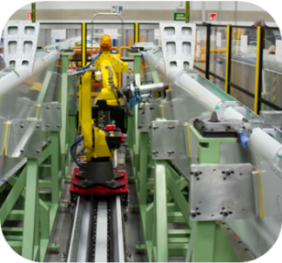
The Roboshave at the Tablada site.
The other use-case demonstrations followed a similar outline but were kept much shorter. The STG Meeting on the following day was used by the consortium partners to exchange feedback, to align the work for the remaining project months and prepare the final demonstrations of use-cases.
